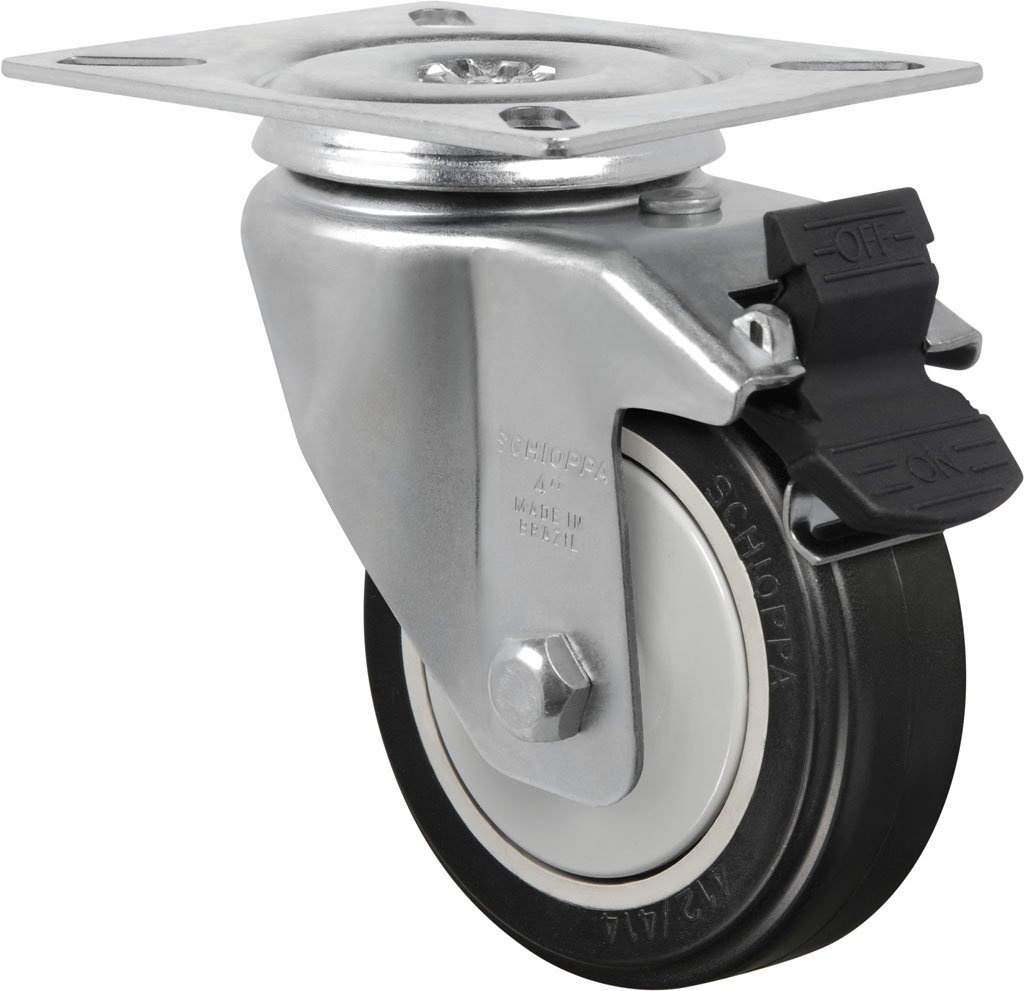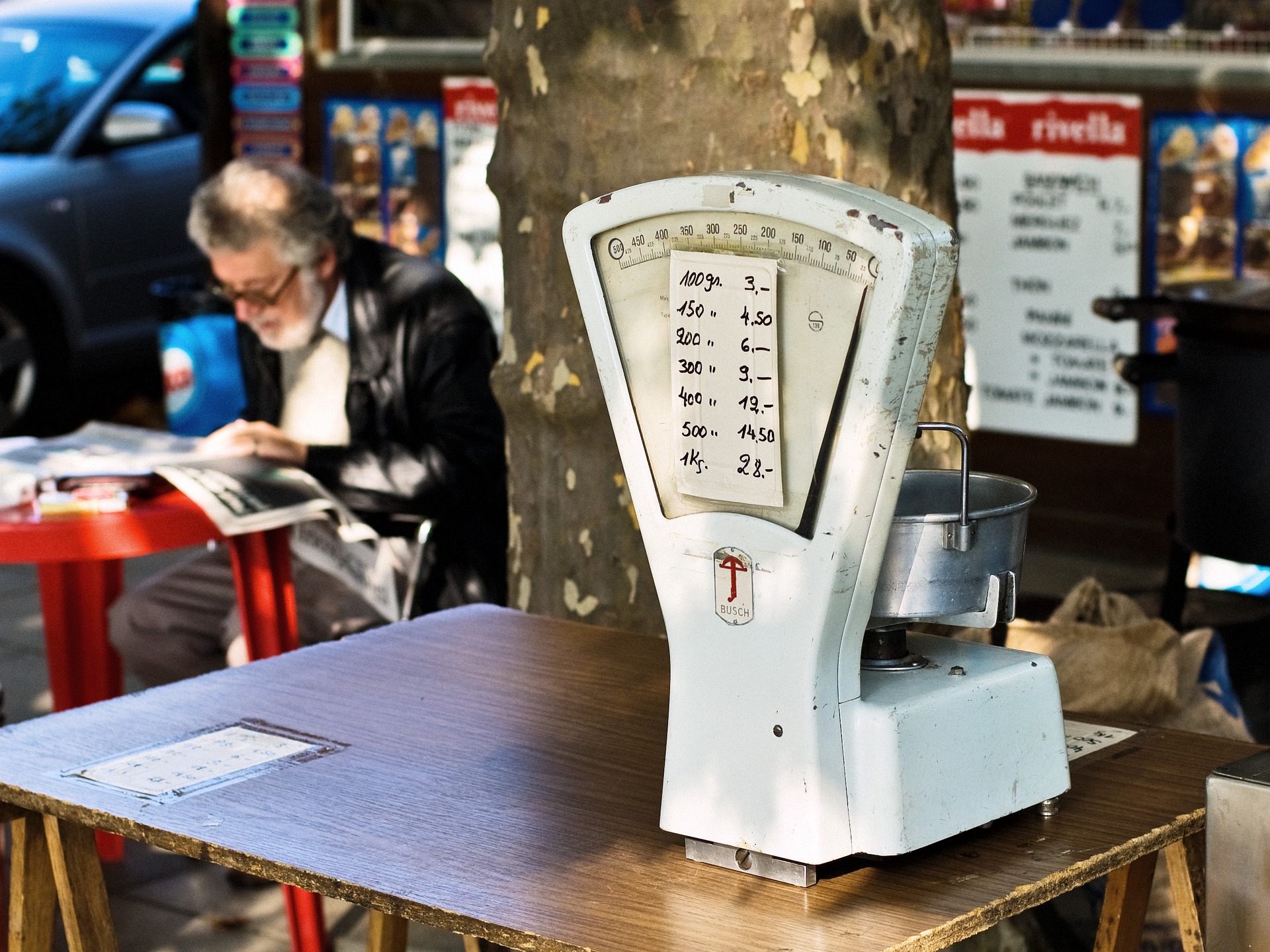Investing and trading, alongside entrepreneurship, are the backbone of America’s economy. However, investing and trading are two of the more intimidating routes to take on the road to wealth.
When you take the entrepreneurship route, you put your money into a business, but it is more than likely in a field that you understand well. As far as trading and investing go: well, many people who have no interest in finance as a career don’t even know that they’re two different things. That’s a good place to start, so keep reading to learn some of the basics about trading and investing.
How are trading and investing different?
Trading and investing share similarities, but their difference lies mainly in their intent. Trading is a quick investment strategy, and investing is much more long-term. A day trader might buy and sell the same stocks in the course of a day based on price fluctuations. An investor might hold on to their stock for decades. They both have their benefits and risks, but your first big decision is to answer the question of whether to trade or invest.
Trading can be instantaneous and compulsive, or at least that’s how it may seem to the untrained eye. You’ve seen the images of the traders yelling frantically on the floor of the New York Stock Exchange. How could anyone gather anything intelligible from that ruckus? Movies about Wall Street depict rambunctious firms where the office is as lively as the floor of the NYSE. All of this raw energy is because there is big, fast money being made and lost, and for them, it is all about pulling the trigger on a deal at the right time to make a profit.
A major benefit of investing is that it’s a great way to set yourself up for early retirement. It’s all about the long game: you put money into hedge funds, bonds, shares, and property, and then you forget about that money until you are ready to withdraw your revenue. You don’t make money overnight as an investor, but that’s not what investing is about. A good investment strategy is a solid retirement plan.
Trading 101:
There are several markets that you can trade in, and each one has its strengths. You can trade stocks, bonds, or commodities to name just a few. It is wise to invest in more than one market and diversify your portfolio — this is one way to safeguard against taking large losses.
Trading stock is trading shares of companies. You buy stock in a company, and when it is to your advantage, you sell it for a profit. However, it quickly becomes much more nuanced than that. Stock trading is a gambling game, but with the right guidance, you can make money quickly.
Trading commodities are different than buying stock because rather than buying a share of a company, you are buying a product to sell. Trading commodities require a little bit more knowledge, especially in relation to the commodity being traded.
For example, if you grew up in Texas and worked on an oil rig during your early adult years, then you might have more of a knack for crude oil trading than someone with no knowledge of oil or trading. If you grew up helping your parents out on a farm, then you may learn how to trade food commodities more easily.
Before you trade or invest, it is important that you do your own research. Get to know the market(s) that you are thinking about investing or trading in. You have an opportunity to earn extra money right away or invest for the future, and if you study and be patient, you’ll be successful.
Read Also:






















